International cooperation
International cooperation
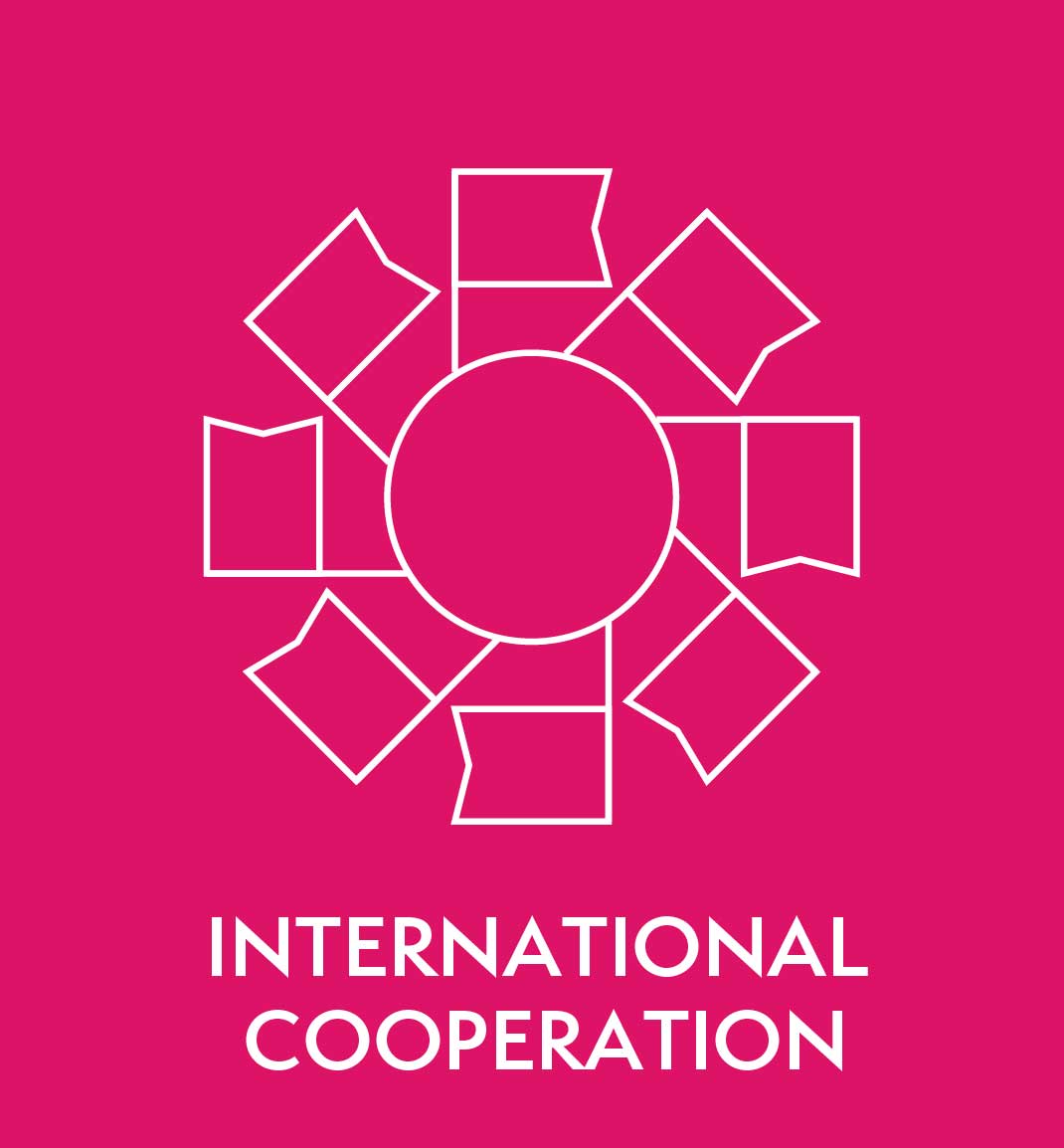
International cooperation
The Global Compact for Safe, Orderly and Regular Migration (GCM) is based on a set of cross-cutting and interdependent guiding principles. This page provides resources for the guiding principle of International Cooperation.
“International cooperation. The Global Compact is a non-legally binding cooperative framework that recognizes that no State can address migration on its own because of the inherently transnational nature of the phenomenon. It requires international, regional and bilateral cooperation and dialogue. Its authority rests on its consensual nature, credibility, collective ownership, joint implementation, follow-up and review” (GCM, 2018: para. 15)
International Cooperation across the Global Compact
The guiding principle of International Cooperation is also mentioned in the following sections of the GCM:
- Objective 3, para. 19(b): Provide accurate and timely information at all stages of migration
- Objective 7, para. 23(j): Address and reduce vulnerabilities in migration
- Objective 8, para. 24(f): Save lives and establish coordinated international efforts on missing migrants
- Objective 9, para. 25: Strengthen the transnational response to smuggling of migrants
- Objective 10, para. 26: Prevent, combat and eradicate trafficking in persons in the context of international migration
- Objective 23, para. 39: Strengthen international cooperation and global partnerships for safe, orderly and regular migration
- Implementation para. 42
The Global Compact for Migration (GCM) report is available in AR, ZH, EN, FR, RU, ES.
Hub content relevant to "International cooperation"
 Practice Repository |
Practice Repository |- Practice Repository |
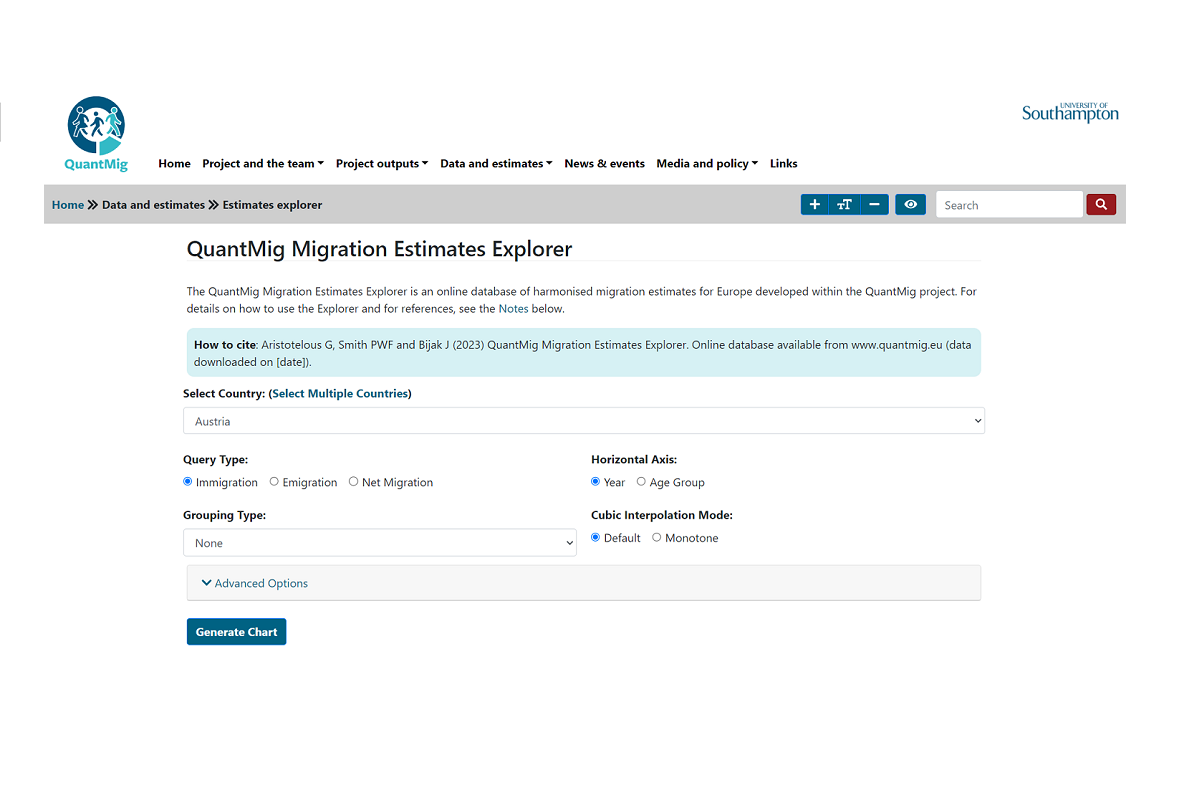 Practice Repository |
Practice Repository | Practice Repository |
Practice Repository |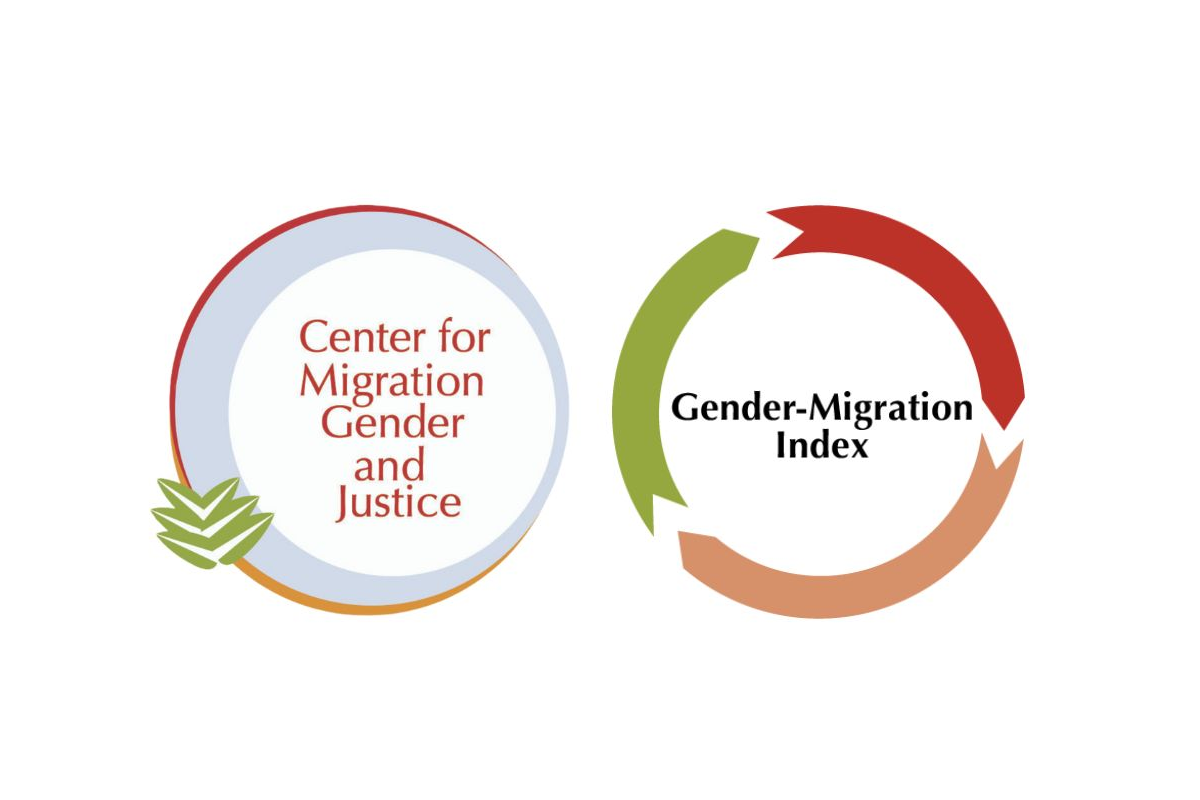 Practice Repository |
Practice Repository |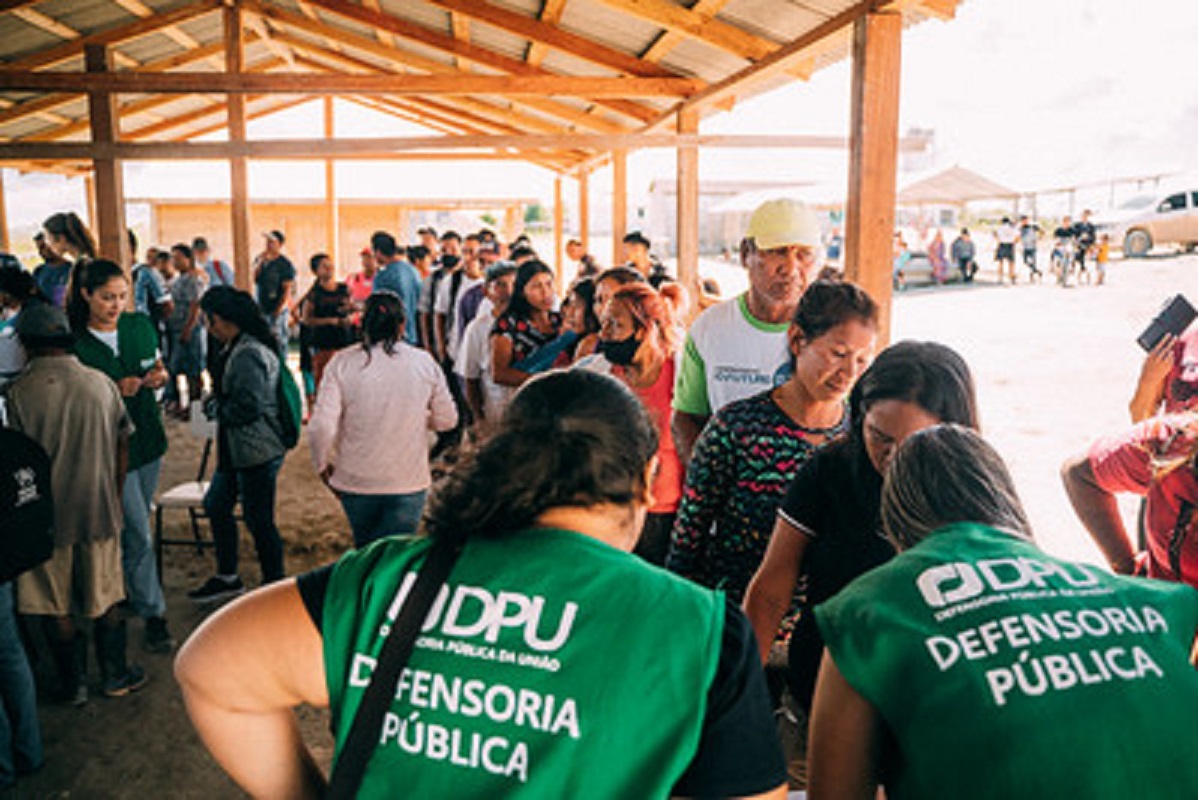 Practice Repository |
Practice Repository |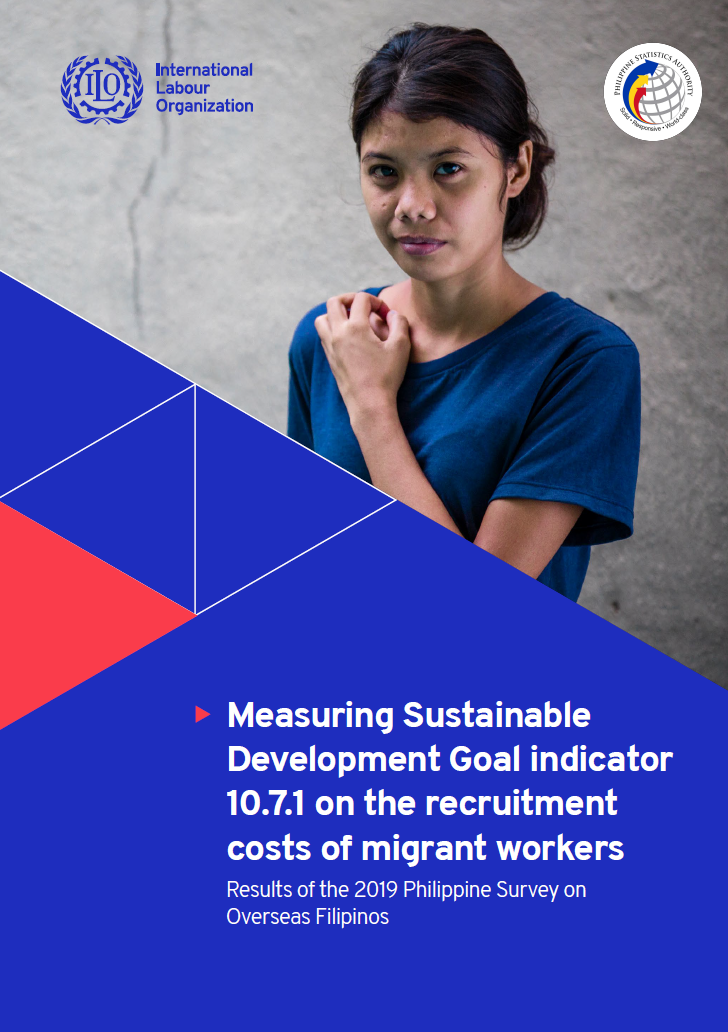 Resource |
Resource | Practice Repository |
Practice Repository | Practice Repository |
Practice Repository | Practice Repository |
Practice Repository | Practice Repository |
Practice Repository |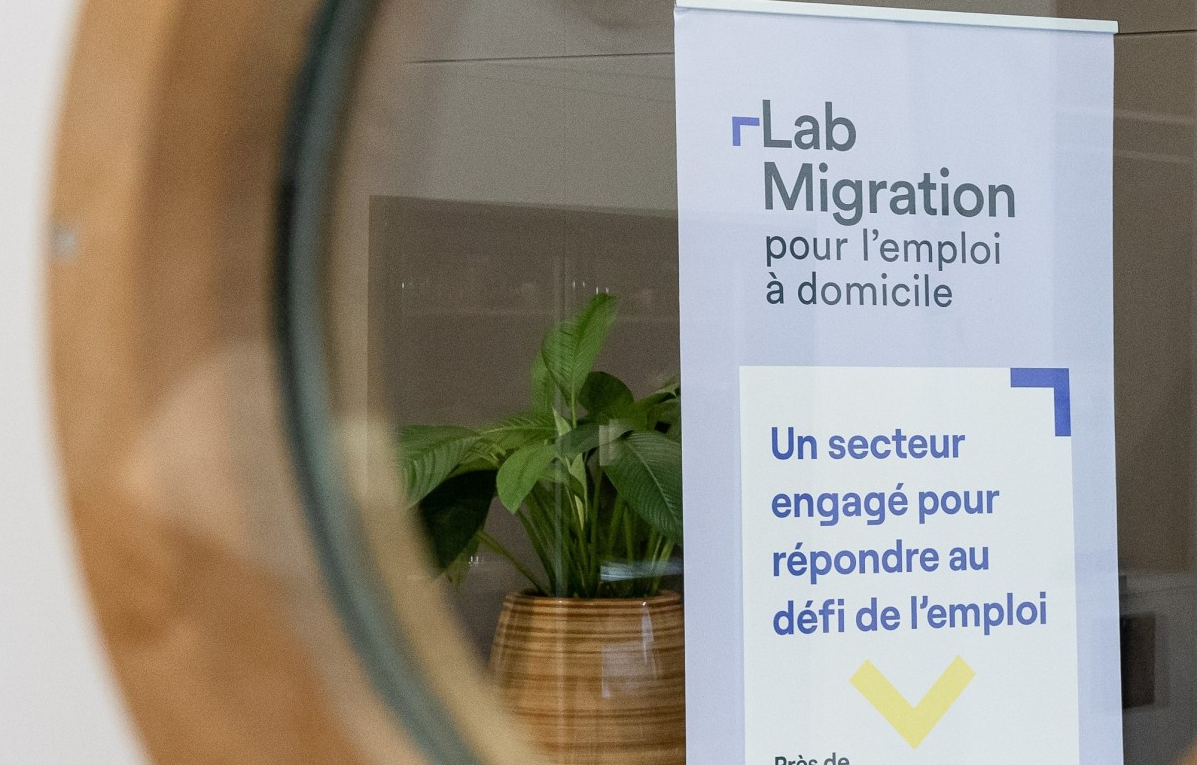 Practice Repository |
Practice Repository |
Pagination
*References to Kosovo shall be understood to be in the context of United Nations Security Council resolution 1244 (1999).
Newsletter
Subscribe to our newsletter.